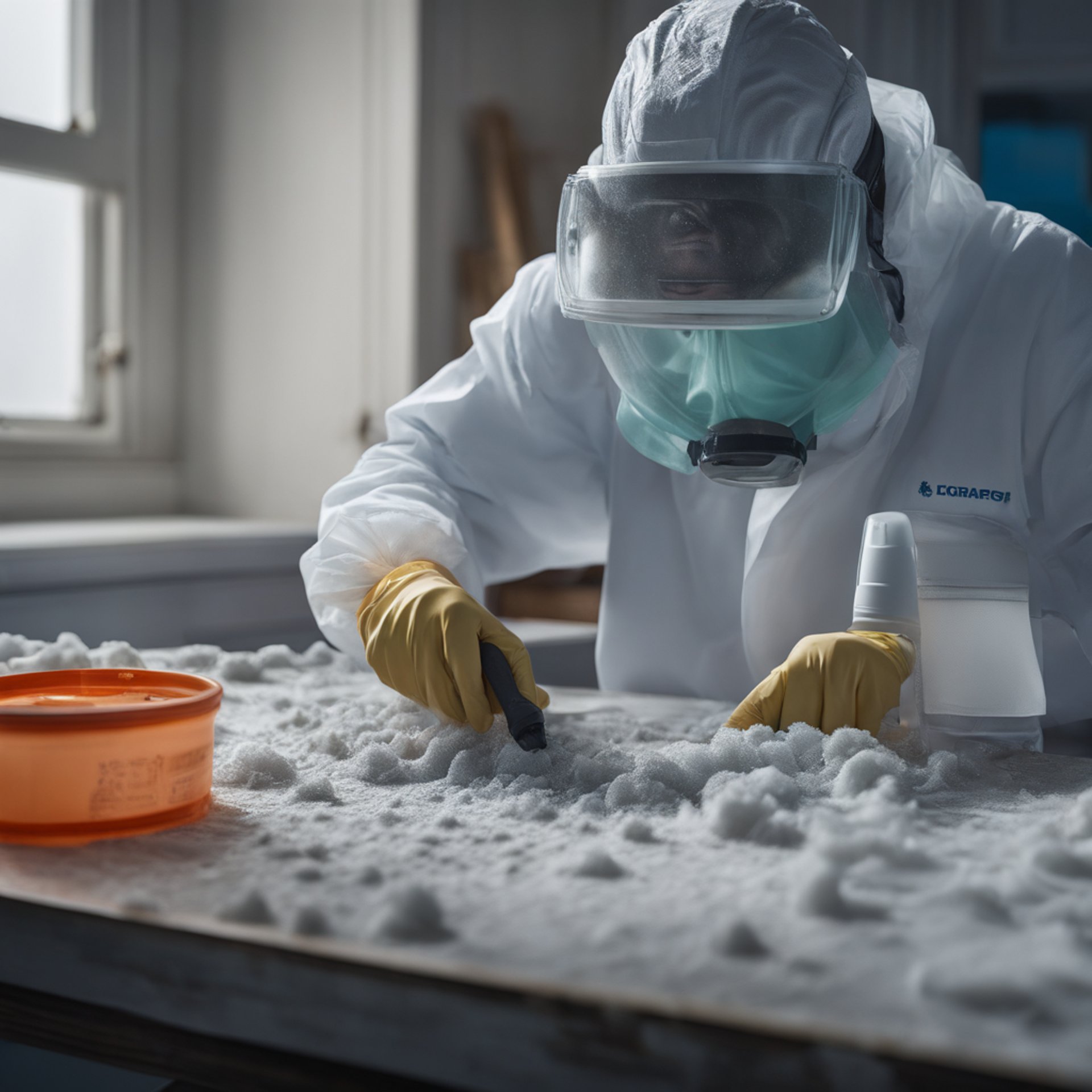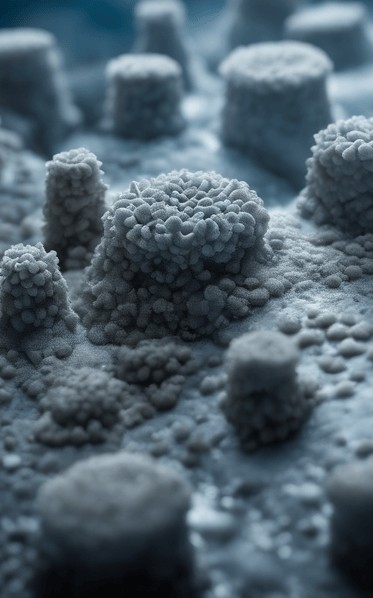
The Louisville Mold Removal Services and Moldy DryWall Repair Services Louisville Homeowners Trust For Their Mold Needs!
Mold growth can often take root in unsuspecting places, including your drywall. Inspecting moldy drywall is a crucial step in maintaining a healthy and safe living environment. In this guide, we'll outline the steps to effectively inspect moldy drywall while underscoring the significance of professional mold remediation in Louisville, KY.
A Comprehensive Guide to Inspecting Moldy Drywall: Ensuring Safe Spaces in Louisville, KY
Understanding the Need for Moldy Drywall Inspection
Mold growth on drywall not only diminishes the aesthetics of your space but also poses health risks to inhabitants. Mold spores released into the air can trigger respiratory issues, allergies, and other health complications. Regularly inspecting moldy drywall can help identify the problem early and prevent further damage.

Steps to Inspect Moldy Drywall
1. Visual Examination:
Initiate the inspection by visually examining your drywall for signs of mold growth. Pay attention to the following indicators:
Discoloration: Look for patches of discoloration, which often appear green, black, or brown.
Texture Changes:Moldy drywall may feel damp, soft, or crumbly compared to unaffected areas.
Musty Odor: A musty or earthy smell can suggest mold growth even before visible signs appear.
2. Identify Moisture Sources:
Mold thrives in damp environments. Identify and address any moisture sources that may be contributing to mold growth. Common sources include leaks, water damage, high humidity, and poor ventilation.
3. Probe the Drywall:
Gently probe the suspected moldy areas with a small tool, such as a screwdriver. If the drywall feels soft, crumbly, or breaks apart easily, it's likely mold-infested and requires further inspection.
4. Consider Hidden Spaces:
Mold can grow behind drywall, making hidden spaces susceptible. Investigate areas behind furniture, fixtures, or appliances that could promote mold growth due to poor air circulation.
5. Check for Peeling Paint or Wallpaper:
Peeling paint or wallpaper can be an indication of moisture issues behind the drywall, which can lead to mold growth.
6. Seek Professional Mold Inspection:
While DIY inspections are beneficial, involving professional mold inspectors in Louisville, KY, provides a more comprehensive assessment. Professionals have the expertise and tools to identify hidden mold sources and assess the extent of contamination.
Why Opt for Professional Mold Inspection for Louisville Mold Remediation?
Expertise:
Professional inspectors possess the knowledge to accurately identify mold species, sources, and risks.
Advanced Tools:
They use advanced tools like moisture meters and thermal imaging cameras to uncover hidden mold growth.
Comprehensive Reports:
A professional inspection generates detailed reports that guide effective mold remediation strategies.
Complementing Inspection with Mold Remediation
In the event of discovering moldy drywall, addressing the underlying issue is critical. Professional mold remediation in Louisville, KY, offers a holistic approach to mold removal and prevention:
1. Assessment:
Professionals evaluate the extent of mold contamination and devise a tailored remediation plan.
2. Containment:
They isolate affected areas to prevent mold spores from spreading during remediation.
3. Mold Removal:
Skilled experts safely remove mold-infested materials, ensuring thorough elimination.
4. Cleaning and Disinfection:
Treated areas are cleaned and sanitized to prevent mold recurrence.
5. Preventive Measures:
Professionals provide guidance on preventive measures, such as improving ventilation and addressing moisture sources.


For Expert Mold Remediation Louisville, KY:
Contact MoldAway Louisville for professional mold remediation services in Louisville. Our experienced team is dedicated to restoring your space to a mold-free and safe environment. Schedule professional mold remediation to ensure the well-being of your property and its occupants.



This site is a free referral service to assist homeowners in connecting with local service contractors. All contractors are independent and this site does not warrant or guarantee any work performed. It is the responsibility of the homeowner to verify that the hired contractor furnishes the necessary license and insurance required for the work being performed. Some reviews listed either on this website or on 3rd party listings are paid reviews or posted by associates of the company. All persons depicted in a photo or video are actors or models and not contractors listed on this site.
Contacts
502-535-1597
Address
Proudly Serving the Louisville Kentucky 40203 Area!
Copyright © 2023, Mold Solutions of Louisville.
